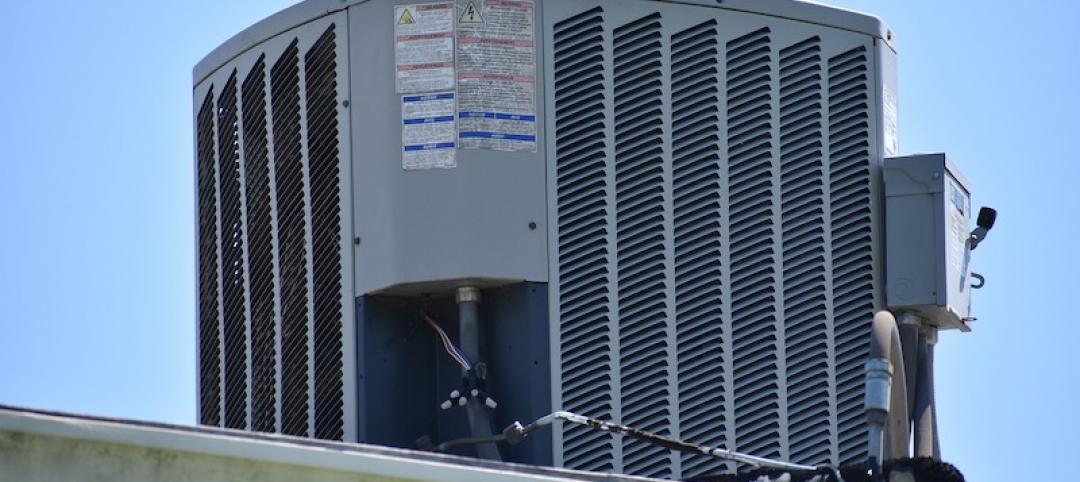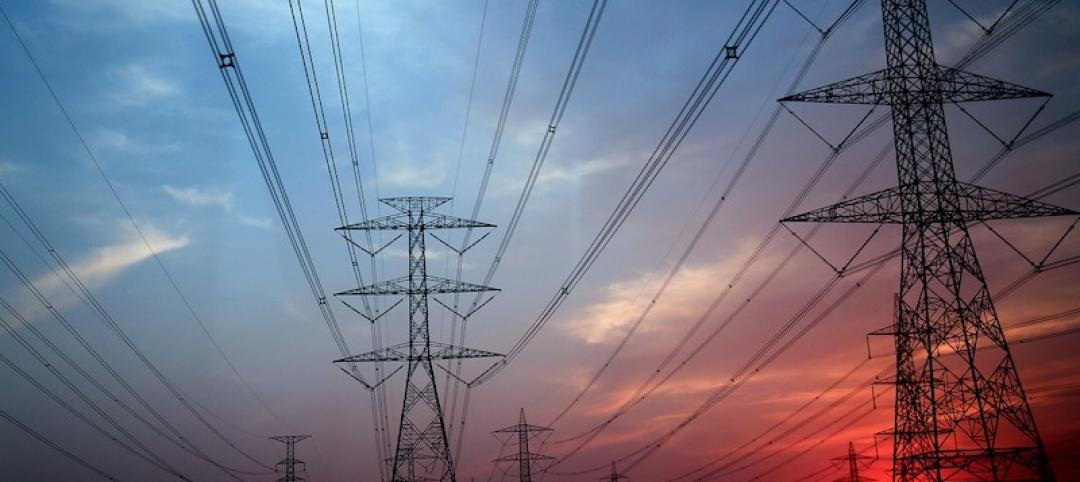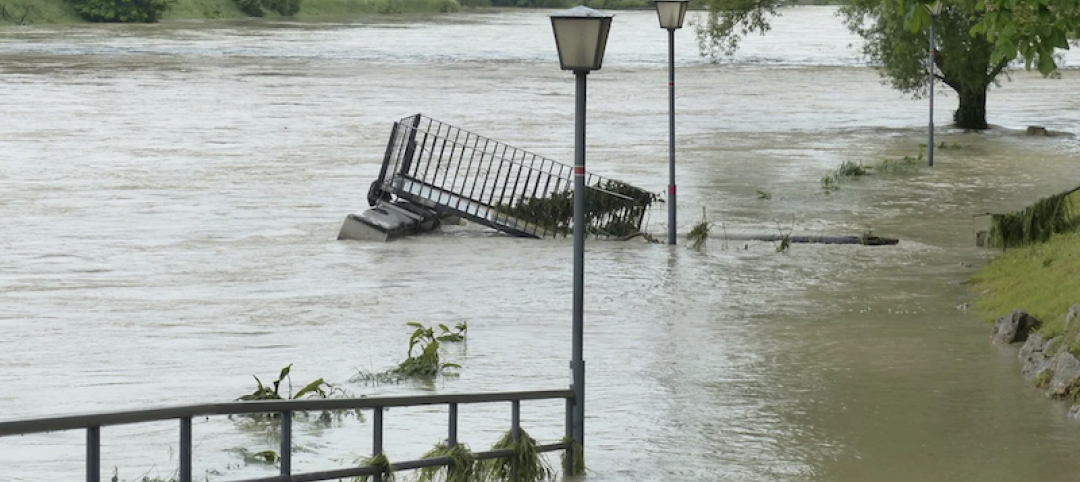The Washington D.C. Council recently passed legislation that will make it more expensive for owners to hold vacant or blighted property.
The Vacant Property Enforcement Act of 2016 reduces the maximum amount of time a vacant property can qualify for an exemption from higher vacancy tax rates. It also closes a loophole that allows continuous renewal of construction permits to qualify for tax exemptions, and require owners of vacant properties to prove they are no longer subject to the higher tax rates.
"The District has a substantial number of vacant properties, many of which are poorly maintained,” the bill report says. "Property owners may keep their properties vacant or fail to maintain them because they expect property values to rise over time. Poorly maintained and vacant properties can damage surrounding communities by being eyesores, by serving a venue for drug use and by providing a home for rodents or other animals. The net effect is to reduce the feeling of a cohesive community and depress surrounding property values."
The legislation reduces the time an owner can claim an exemption from higher taxes because of construction to one year for residential properties and to two years for commercial properties. Fines for failing to comply with city property regulations will rise from $1,000 to $5,000.
Related Stories
Codes and Standards | Sep 22, 2020
Air cleaners, chemical and UV treatments among tools to safeguard indoor air amid pandemic
Strategies augment social distancing, increased air flow to combat COVID-19 spread.
Codes and Standards | Sep 21, 2020
No ease of lumber price spikes in sight
Wildfires strike Northwest timber industry in wake of Covid-19 shutdowns.
Codes and Standards | Sep 17, 2020
Spate of energy code appeals could hamper efficiency progress
Construction and fossil fuel interests oppose portions of latest model energy code.
Codes and Standards | Sep 16, 2020
Heat pumps are the future for hot water
Sustainability policies will drive trend.
Codes and Standards | Sep 15, 2020
Taller timber buildings approved in National Fire Protection Association code
Ensures compatibility with the International Building Code.
Codes and Standards | Sep 14, 2020
Relocation of neighborhoods, the next step in U.S. flood strategy, is underway
Repeated rebuilding after successive floods now seen as bad policy.
Codes and Standards | Sep 10, 2020
Fannie Mae programs provide incentives for multifamily solar
Affordable housing projects can find PV installations to be cost-effective.
Codes and Standards | Sep 9, 2020
Corporate pledges accelerate net-zero building movement
World Green Building Council drives goal of net-zero carbon emissions by 2050.
Codes and Standards | Sep 8, 2020
Study will examine elevator airflow amid COVID-19 pandemic
Researchers to investigate risk of airborne transmission.
Codes and Standards | Sep 4, 2020
Updated selection, application guide for plastic glazed skylights, sloped glazing released
Part of suite of skylight documents by Fenestration and Glazing Industry Alliance.

















